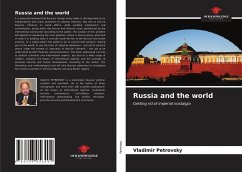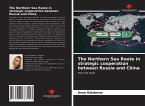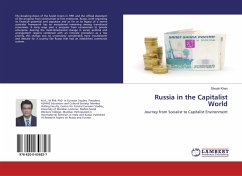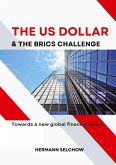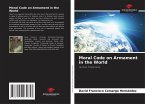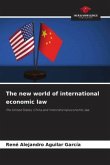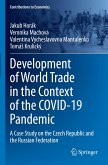It is generally believed that Russia's foreign policy today is distinguished by its independence and active protection of national interests. But how to ensure Russia's influence on world affairs, while avoiding isolationism and confrontation, acting within the formal and informal rules established by the international community? According to the author, the solution of this problem will depend on answering the main question: where is Russia going, what kind of state it is building. Does it consider itself the heir to the Russian and Soviet empires, or a nation-state? The ability to act in concert with partners, feeling part of the world, to use the tools of collective diplomacy - and not to confront others under the pretext of "specialty" of Russian interests - has yet to be understood by both theorists and practitioners. The book, addressed not only to political scientists and international experts, but also to a wide range of readers, analyses the theory of international regimes and the concepts of personal security and human development. According to the author, this theoretical and methodological tool will help Russian diplomacy to strengthen the country's position in the Euro-Atlantic and Asia-Pacific regions.
Hinweis: Dieser Artikel kann nur an eine deutsche Lieferadresse ausgeliefert werden.
Hinweis: Dieser Artikel kann nur an eine deutsche Lieferadresse ausgeliefert werden.

